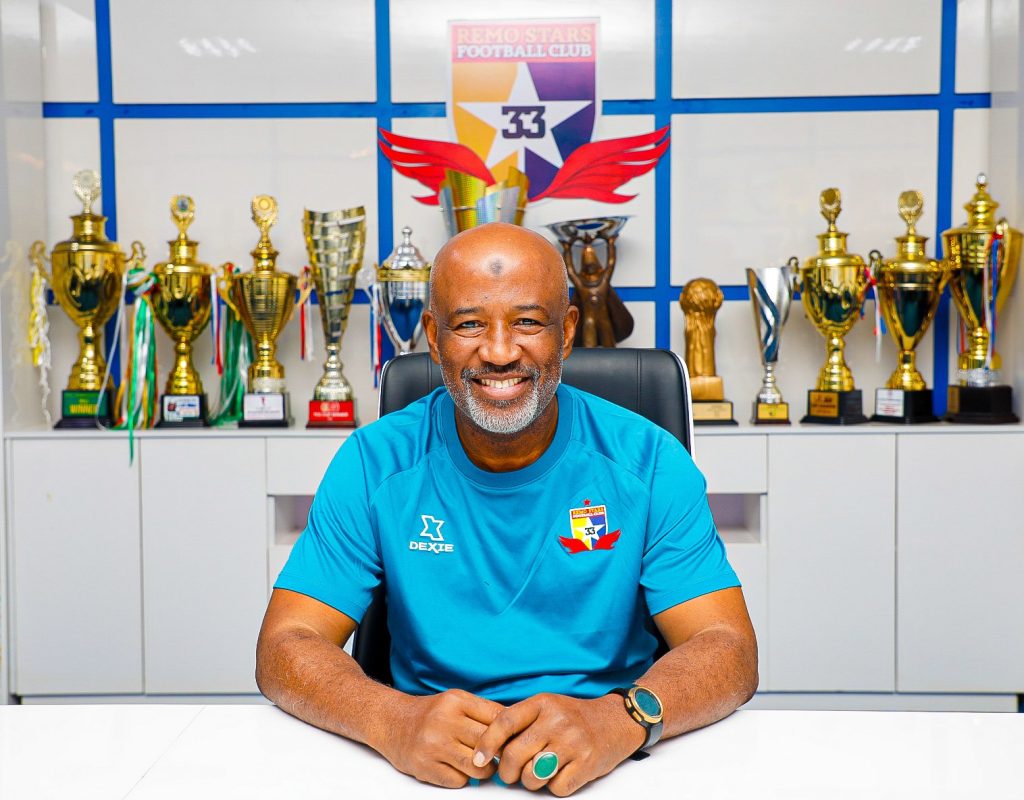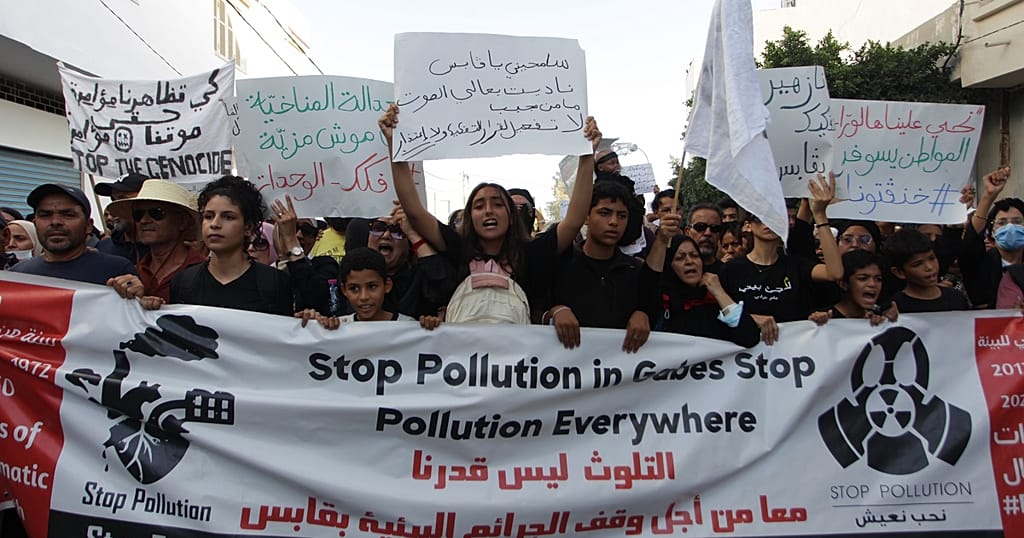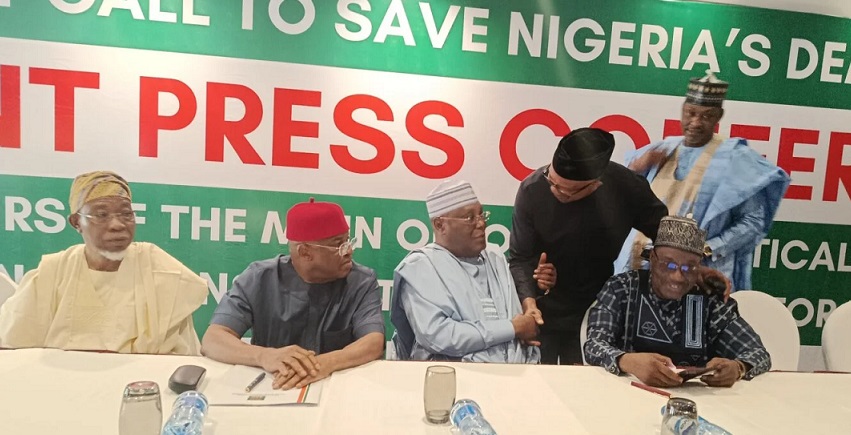President Muhammadu Buhari has defended his government’s heavy borrowings, describing them as a deliberate choice to fight poverty and create economic growth for Nigerians. Speaking at the virtual commissioning of three bridges, three secretariats, and one road project undertaken by his administration, the President emphasized that his government invested in infrastructure for economic growth and prosperity.
The President’s Senior Special Assistant on Media and Publicity, Garba Shehu, stated that borrowing was a deliberate choice for the government to fight poverty, create employment and open the path of prosperity for Nigerians. He also stated that the debts were tied to transparent projects that people could verify.
Despite the concerns raised by Nigerians about the country’s growing debt profile, which presently stands at N80tn, President Buhari urged further examination of the investment profile of these debts. He revealed that his government had doubled Nigeria’s stock of infrastructure to GDP from about 20 percent to over 40 percent in the last eight years, while stating the projects commissioned today, including rail, sea and airports, gas pipeline projects, were to deliver prosperity.
The three bridges – Ikom, Second Niger, and Loko-Oweto – commissioned by the President, are efforts designed to address multidimensional poverty and improve business efficiency and service delivery time. The President noted that the Ikom Bridge would boost trade in and around the Calabar Port and Free Zone, whilst the Second Niger Bridge would bring relief to those crossing from the Southeast to the Southwest. The Loko-Oweto Bridge, across the River Benue, would provide shorter connectivity for those travelling from Benue to Nasarawa and the Federal Capital Territory.
President Buhari also commissioned 200 kilometres out of the 365 kilometres Abuja-Kano highway and three federal secretariats in Anambra, Bayelsa, and Zamfara states. The President believes that the construction of these buildings, which would bring federal civil servants under one roof for efficient service delivery, would reduce the cost of governance for the country.
The President noted that the funds deployed to execute these infrastructural projects were partly from dividend income earned from investment in the Nigeria Liquefied Natural Gas, repatriated funds from overseas, and recoveries from proceeds of crime successfully prosecuted at home. He reiterated that his anti-corruption approach did not end in court, as stolen and recovered assets were used for the common good of the country.
President Buhari will end his presidency on May 29, 2023.



